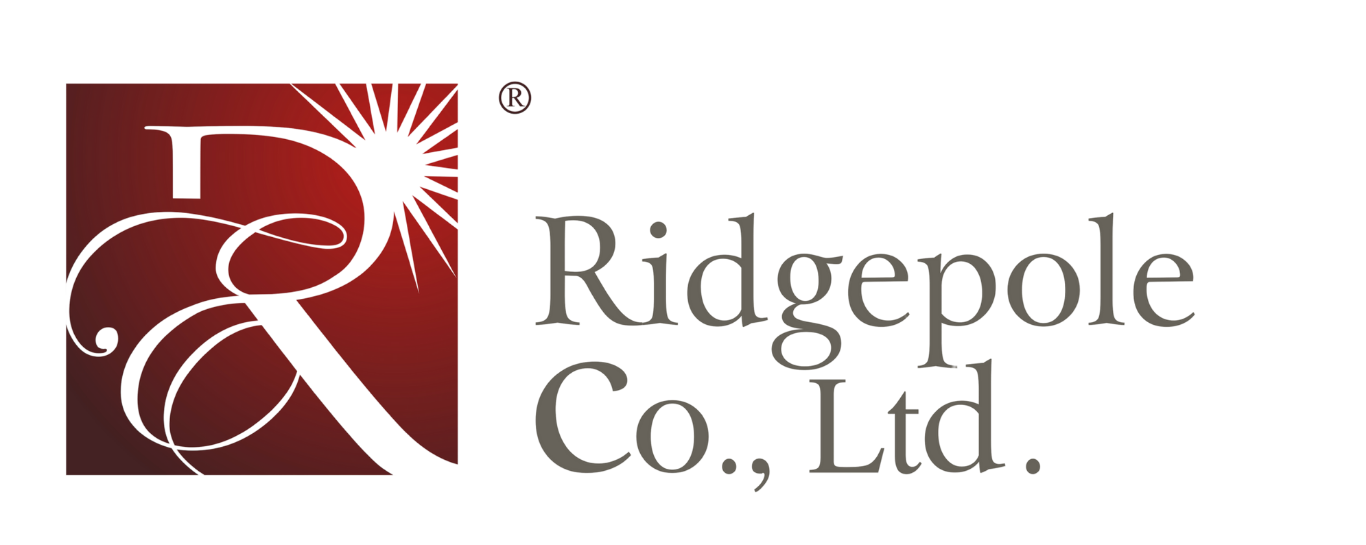10 Different Types of Deodorant

Author: Tommy Tang | Founder at Ridgepole
Hi, I'm Tommy Tang, here to share my expertise in skincare with you.
Table of Contents
I was hurrying out the door, already behind schedule, when I realized something wasn’t right. A quick check confirmed it—my deodorant had completely failed me.
Frustrated and a bit embarrassed, I couldn’t help but think, “Why does this keep happening?” I’d tested countless brands, switched between sprays, roll-ons, and sticks, yet nothing seemed to provide consistent results.
Determined to find a solution, I started researching deodorant formulas, experimenting with different types, and learning how ingredients impact effectiveness, scent, and skin sensitivity.
What I discovered could help not just individuals but also businesses looking to provide reliable deodorant options for their customers or employees.
In this article, you’ll discover:
- How different deodorant types stack up when it comes to ingredients, longevity, and skin compatibility.
- Key factors to consider when selecting the right deodorant for your business needs—whether for retail shelves or company use.
And more, with an honest look at the pros and cons of each option.
By the end, you’ll have the insights needed to make informed decisions—ensuring your business offers products that deliver real results.
Let’s get started!
1. Stick Deodorant
If you walk into any store, stick deodorant is probably the first thing you see. It’s a go-to for millions of consumers because it’s mess-free, long-lasting, and familiar.
But here’s the thing: Not all stick deodorants are the same. Some consumers want aluminum-free, others need extra sweat protection, and an increasing number look for clean, moisturizing formulas.
Why It Works for Your Brand:
- Universally recognized and easy to sell
- Long shelf life, minimal leakage risks
- Available in antiperspirant, natural, and moisturizing formulas
Key Features:
- Solid, wax-based formula
- No-mess application
- Available in scented and unscented options
Tip: Adding skin-conditioning ingredients like shea butter or coconut oil makes your stick deodorant stand out.
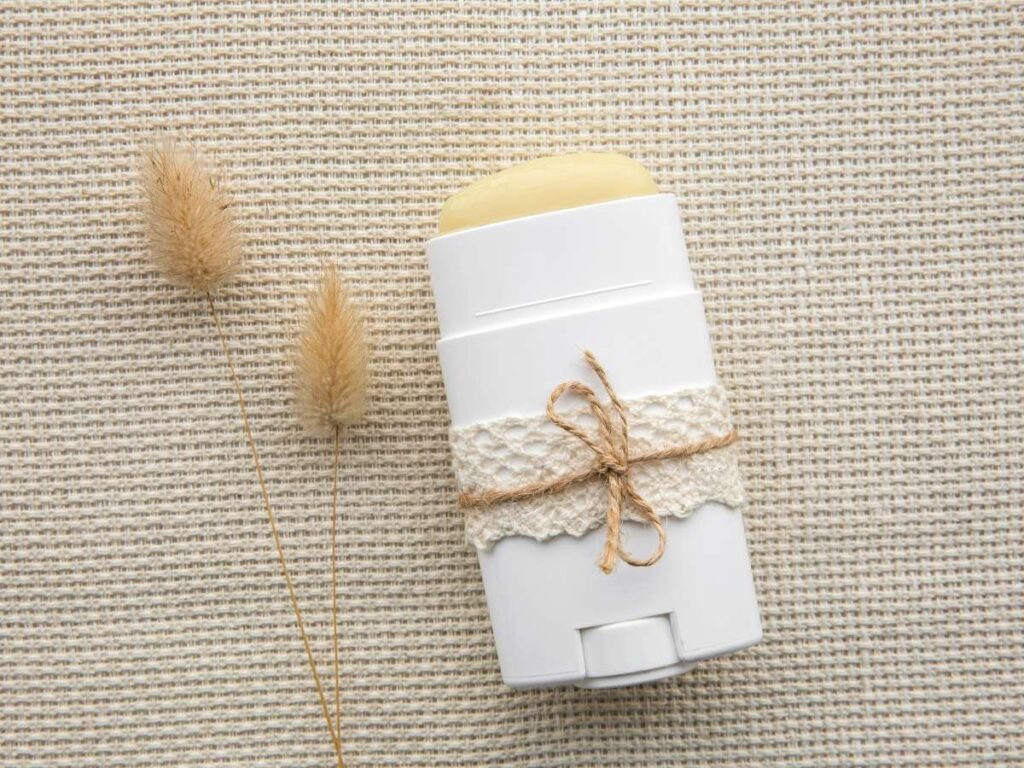
2. Roll-On Deodorant
If you’ve ever dealt with deodorant that feels too thick or dry, a roll-on might be the solution. Its liquid formula glides on smoothly, dries fast, and works well even in humid weather. Many people with sensitive skin prefer it because it feels light and refreshing without irritation.
Why It Works for Your Brand:
- Great for sensitive skin consumers
- Works well in humid climates
- Compact, travel-friendly packaging
Key Features:
- Liquid-based formula
- Fast-drying and smooth finish
- Comes in scented and fragrance-free options
Tip: Alcohol-free roll-ons help prevent irritation, making them a favorite for sensitive skin customers.
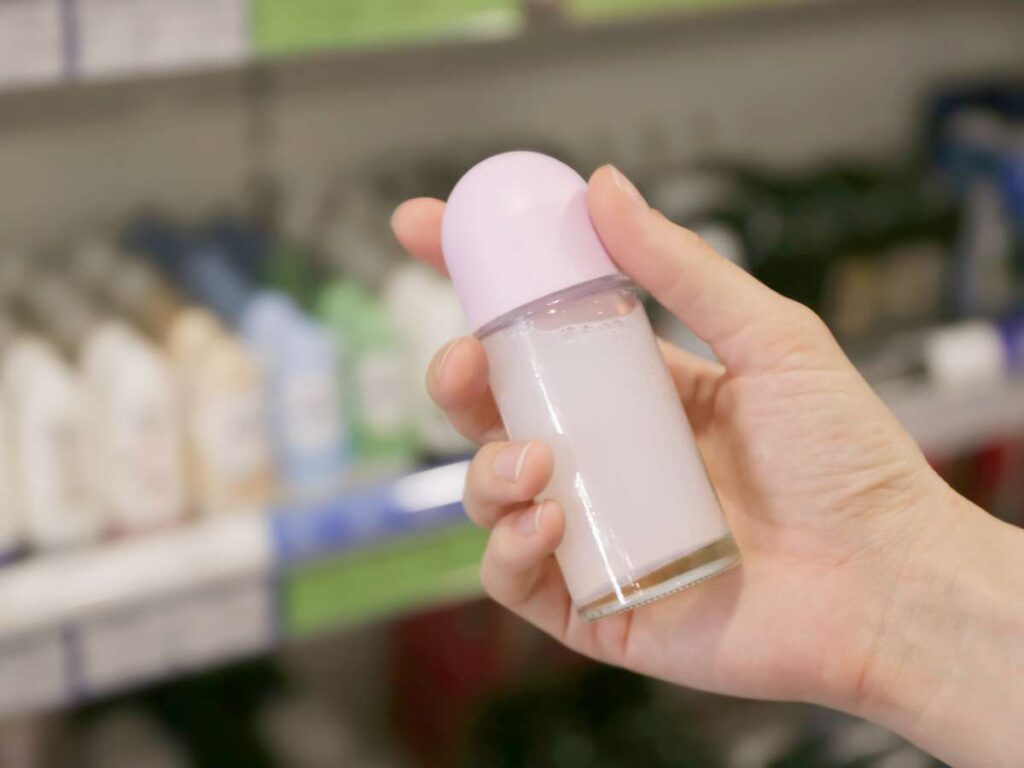
3. Spray Deodorant
Ever been in a rush and needed a deodorant that dries instantly? Spray deodorants solve that problem with a fine mist that feels cool and refreshing. They’re a go-to for people who want a quick, mess-free application—no waiting, no sticky residue. If you’re always on the move, this might be your best bet.
Why It Works for Your Brand:
- Perfect for active, on-the-go consumers
- Dries instantly—no sticky residue
- Can include antibacterial or cooling agents
Key Features:
- Fine mist application
- Fast-drying
- Refreshing and lightweight
Tip: Consider offering eco-friendly, non-aerosol spray versions—they’re gaining traction with sustainability-conscious consumers.
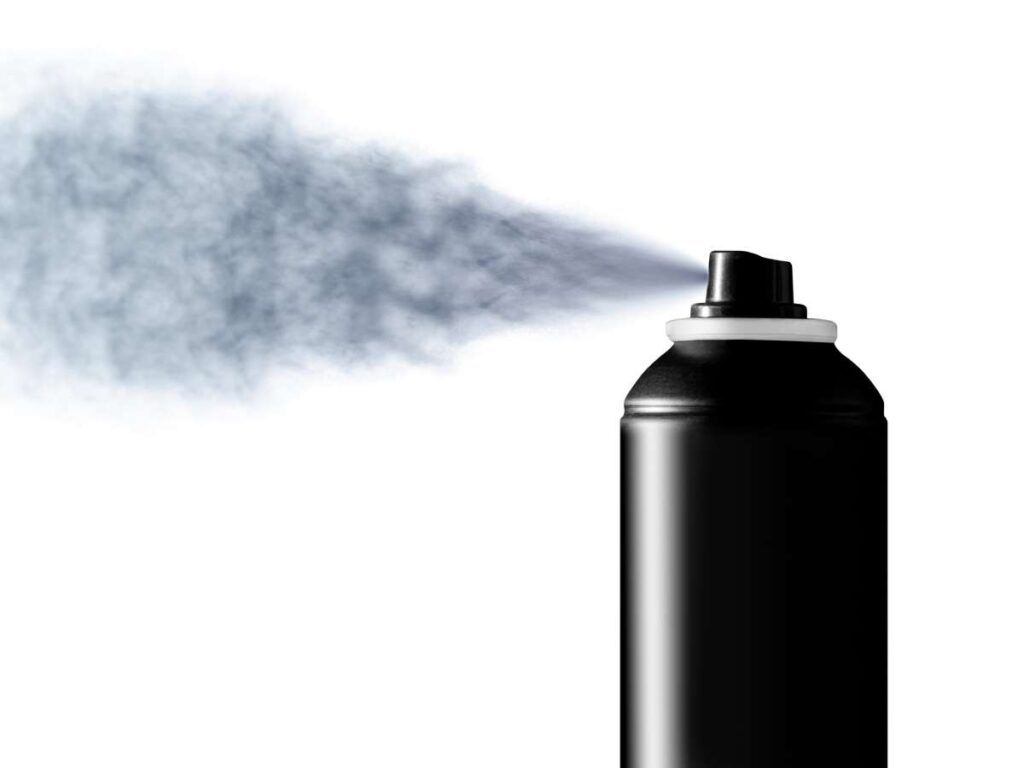
4. Gel Deodorant
If you’ve ever been frustrated by white deodorant stains on dark clothing, gel formulas solve that problem. They go on clear, leaving no residue, making them a top choice for professionals and gym-goers. The cooling sensation also adds a refreshing touch, especially in warm climates or after workouts.
Why It Works for Your Brand:
- Targets consumers who hate white stains
- Can be marketed as a cooling or refreshing product
- Works well in sports and premium categories
Key Features:
- Transparent, non-sticky formula
- No white residue on clothing
- Longer drying time than sticks
Tip: A quick-dry formula is a game-changer—highlight this in your marketing.
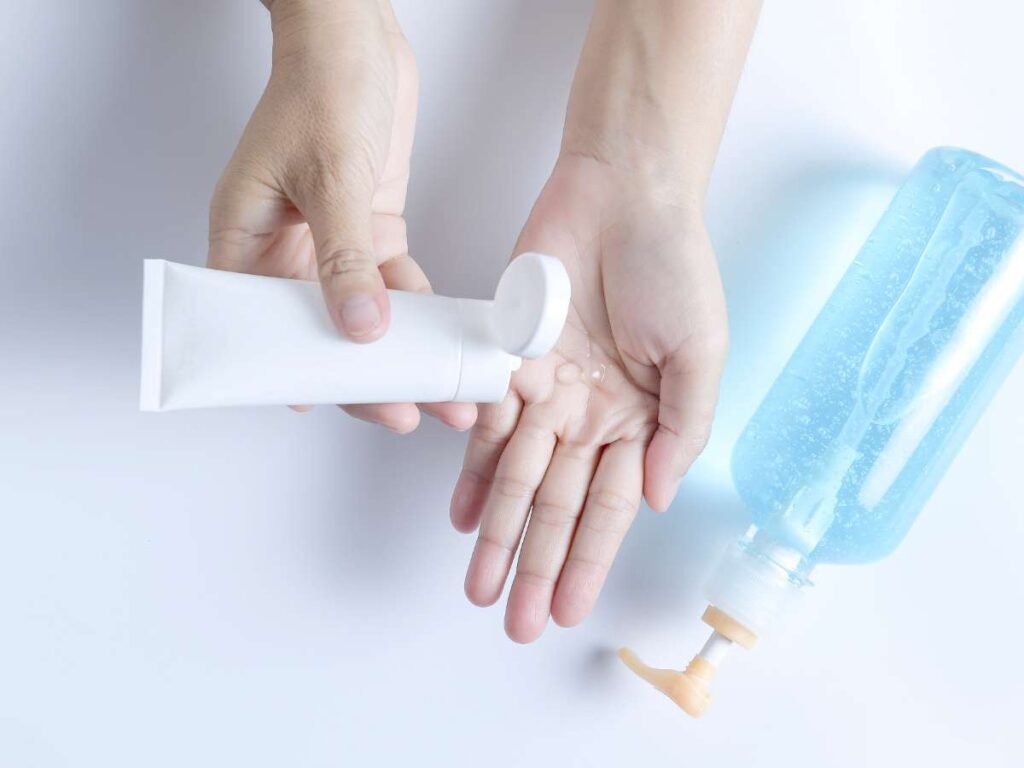
5. Cream Deodorant
A small startup I advised wanted a zero-waste deodorant, but stick deodorants required too much plastic packaging.
So, they introduced a cream deodorant in a glass jar, marketing it as an eco-friendly luxury product—and it took off among sustainability-focused consumers.
Why It Works for Your Brand:
- Appeals to luxury and natural skincare buyers
- Perfect for zero-waste and sustainability markets
- Allows customization with nourishing ingredients
Key Features:
- Thick, creamy consistency
- Often made with shea butter and coconut oil
- Packaged in jars or squeeze tubes
Tip: Plastic-free packaging and organic formulas make cream deodorants stand out.
6. Powder Deodorant
Ever felt like your deodorant was making you sweat even more? In hot, humid weather, heavy formulas can feel sticky and uncomfortable. That’s where powder deodorants shine—they absorb sweat, keep skin dry, and feel almost weightless. Many people even use them beyond just their underarms, making them a versatile choice.
Why It Works for Your Brand:
- Absorbs sweat without feeling heavy
- Multi-use (underarms, feet, and body)
- Talc-free versions cater to safety-conscious consumers
Key Features:
- Fine, lightweight texture
- Reduces friction and absorbs sweat
- Available in baking soda or arrowroot powder formulas
Tip: Offer baking soda-free options for consumers with sensitive skin.
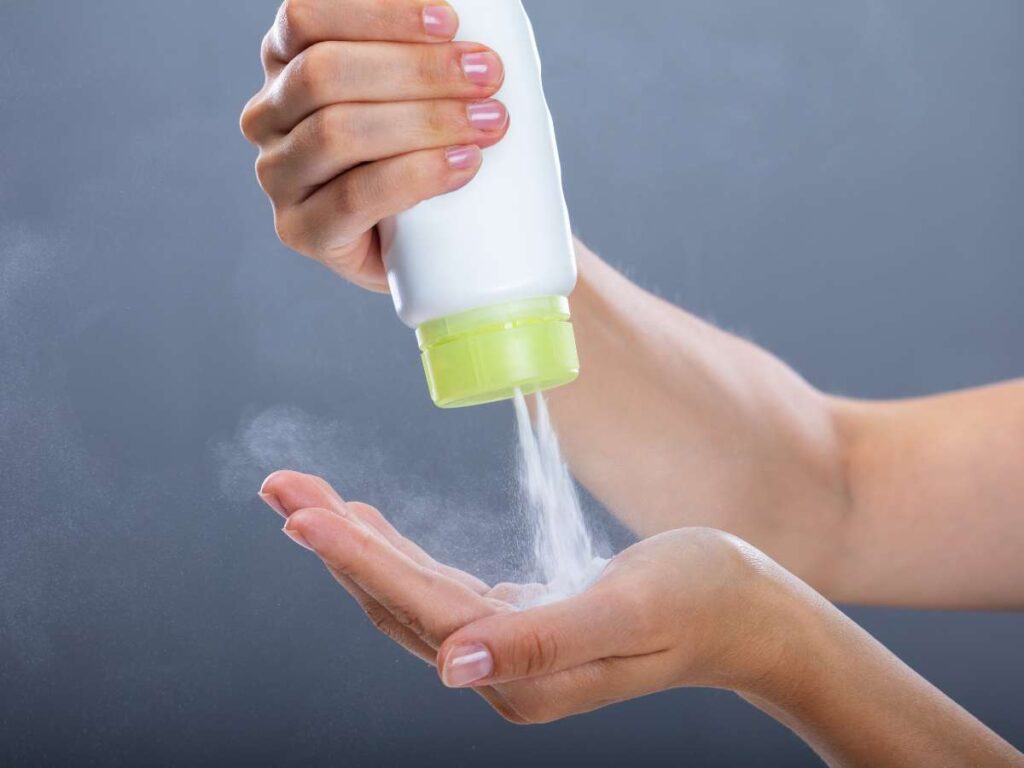
7. Natural Deodorant
I remember the first time I switched to a natural deodorant—I expected instant results, but instead, my body needed time to adjust. That’s a common experience, but once people get through that phase, they rarely go back to aluminum-based formulas. Natural deodorants use plant-based ingredients to control odor, making them a top choice for clean beauty shoppers. If you care about what goes on your skin, this is an option worth considering.
Why It Works for Your Brand:
- Huge demand in the clean beauty movement
- Appeals to vegan and eco-conscious buyers
- Can be certified organic and cruelty-free
Key Features:
- Uses natural odor-fighting ingredients
- Comes in stick, cream, or roll-on form
- Some require reapplication throughout the day
Tip: Be upfront about the adjustment period—it helps consumers stick with natural deodorants instead of giving up.
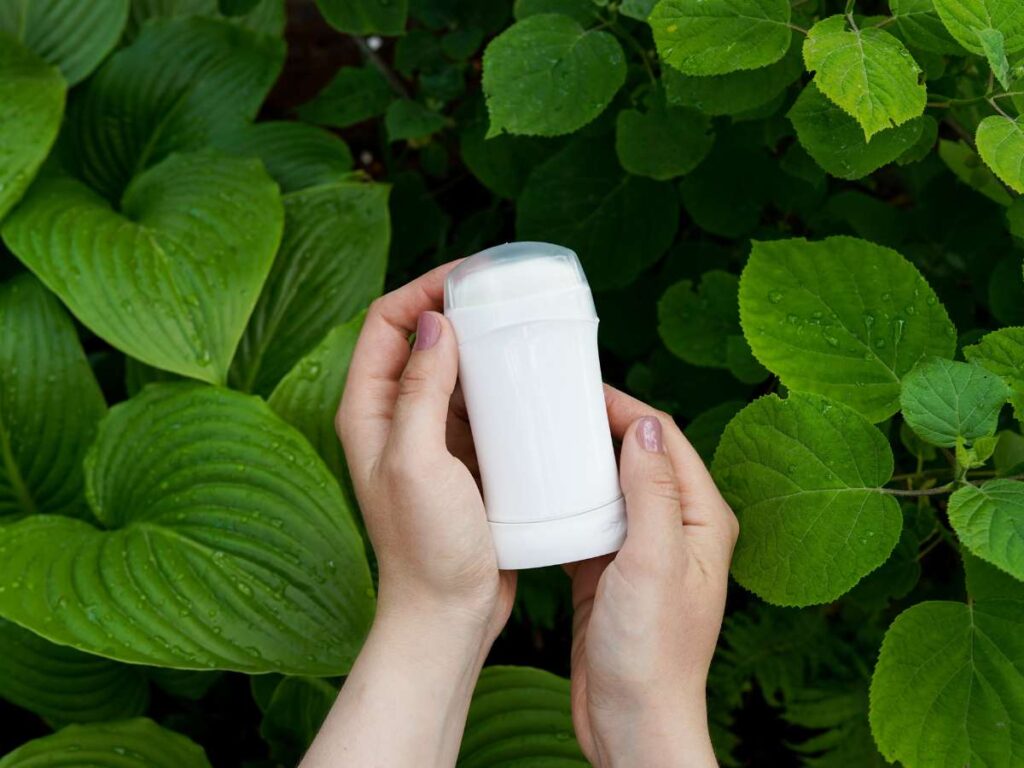
8. Crystal Deodorant
I used to think all deodorants had to be scented or packed with chemicals—until I discovered crystal deodorants. They’re made from mineral salts, offering odor protection without artificial fragrances or additives. Many people choose them because they’re gentle on sensitive skin and fit into a minimalist routine. If you’re looking for a natural, low-waste option, this one stands out.
Why It Works for Your Brand:
- Targets fragrance-free and hypoallergenic consumers
- Fits into zero-waste product lines
- Made from natural mineral salts
Key Features:
- Requires water activation
- Available in solid or spray form
- Long-lasting, but not for heavy sweating
Tip: Refillable crystal deodorants are gaining traction with sustainability-focused consumers.
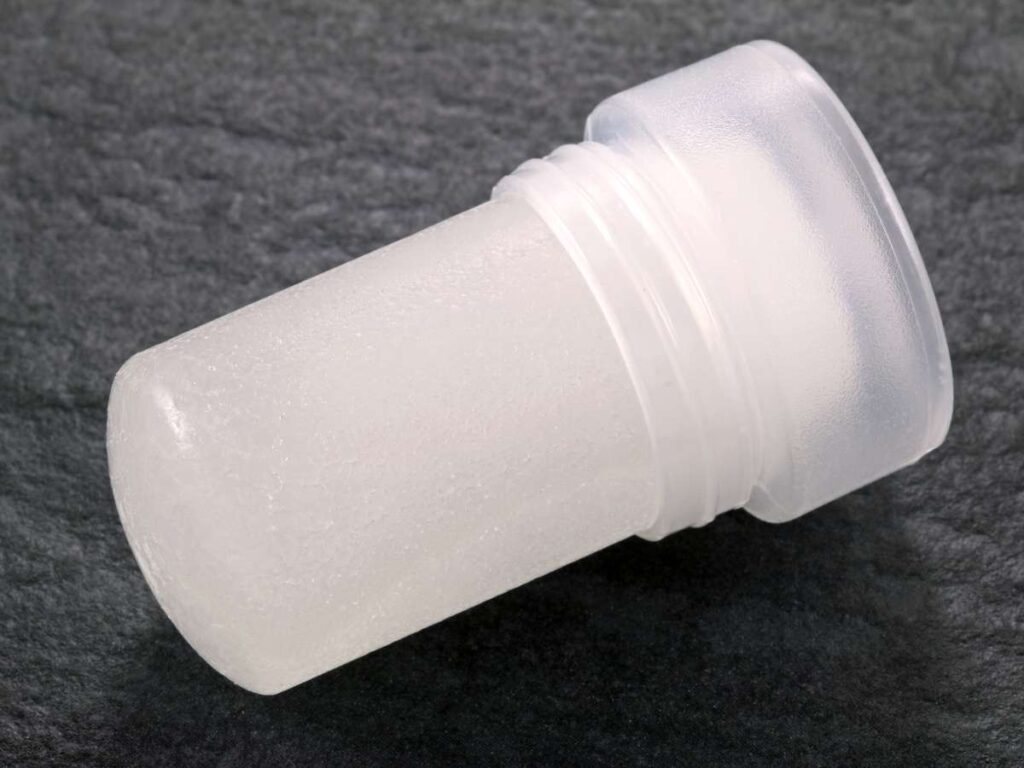
9. Clinical Strength Deodorant
Some people need more than just regular deodorant—especially those dealing with excessive sweating. Clinical strength formulas are designed with higher concentrations of active ingredients to provide stronger, longer-lasting protection. They’re often recommended by dermatologists, making them a premium option for consumers looking for real results.
Why It Works for Your Brand:
- Ideal for hyperhidrosis consumers
- Can be dermatologist-recommended
- Premium, high-margin product
Key Features:
- High concentration of active ingredients
- Best applied before bed
- Some require prescriptions
Tip: Science-backed claims increase trust and credibility.
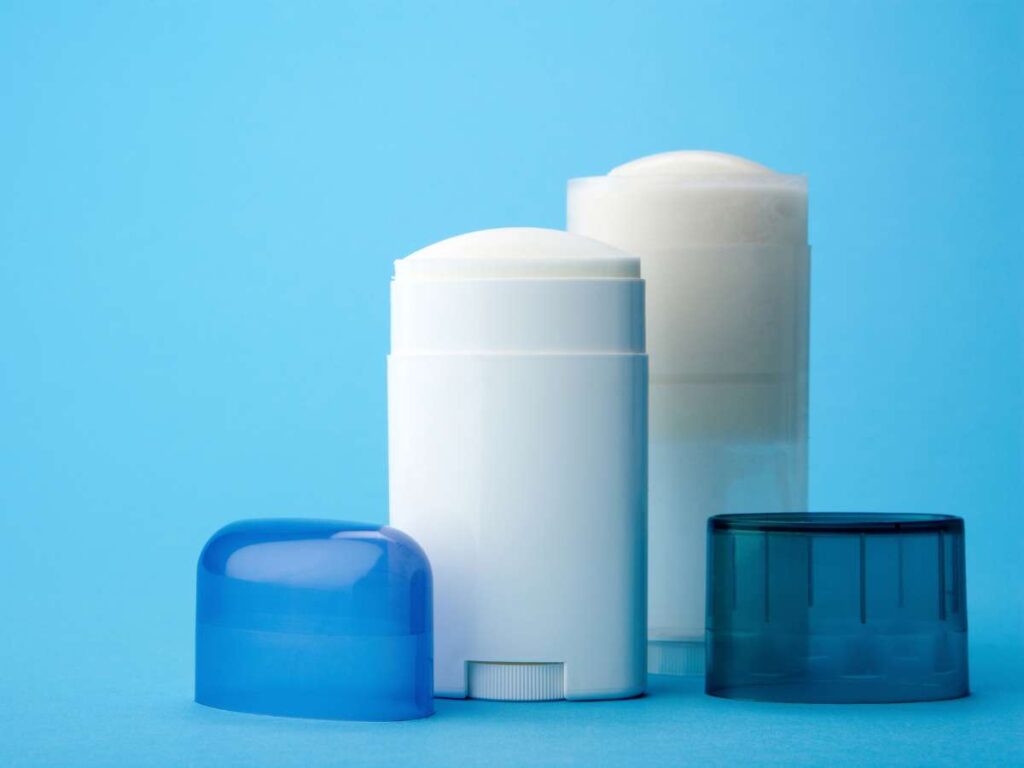
10. Deodorant Wipes
I once got stuck in an airport after a long flight, feeling less than fresh with no way to shower. That’s when I realized why deodorant wipes are a game-changer. They’re perfect for travelers, gym-goers, or anyone who needs a quick refresh without carrying a bulky stick or spray. When traditional deodorants aren’t practical, wipes offer a simple, portable solution.
Why It Works for Your Brand:
- Appeals to travelers, gym-goers, and outdoor enthusiasts
- Great for quick refreshes
- Can include antibacterial properties
Key Features:
- Individually packed or resealable pouches
- Disposable and easy to use
- Often alcohol-based for fast drying
Tip: Biodegradable wipes attract eco-conscious buyers.
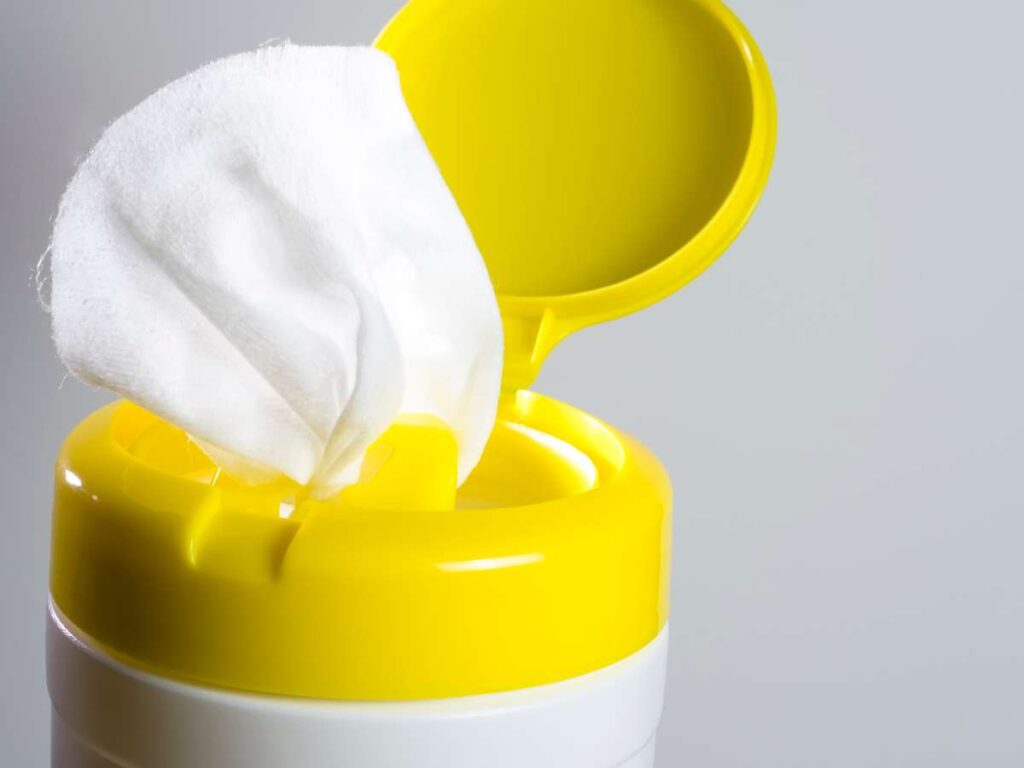
Conclusion
Finding the right deodorant doesn’t have to be hard. Now you know about the 10 types of deodorants, what’s in them, and how they work.
Whether you want long-lasting freshness, something gentle on the skin, or a great scent, you’re ready to make a smart choice. No more spending money on products that don’t work for you.
Try a deodorant that matches your business needs today and see the difference for yourself!
Already found a favorite? Need expert advice or private-label deodorant options? Contact us we’re here to help!
Dive Deeper Into Our Resources
Want to see more products? We’ve got plenty of options that might just be the perfect fit for you:
Still haven’t found what you’re looking for? Don’t hesitate to contact us. We’re available around the clock to assist you.
Quick Quote
Own Your Private Label Cosmetic Line Is No Longer Difficult Here!




